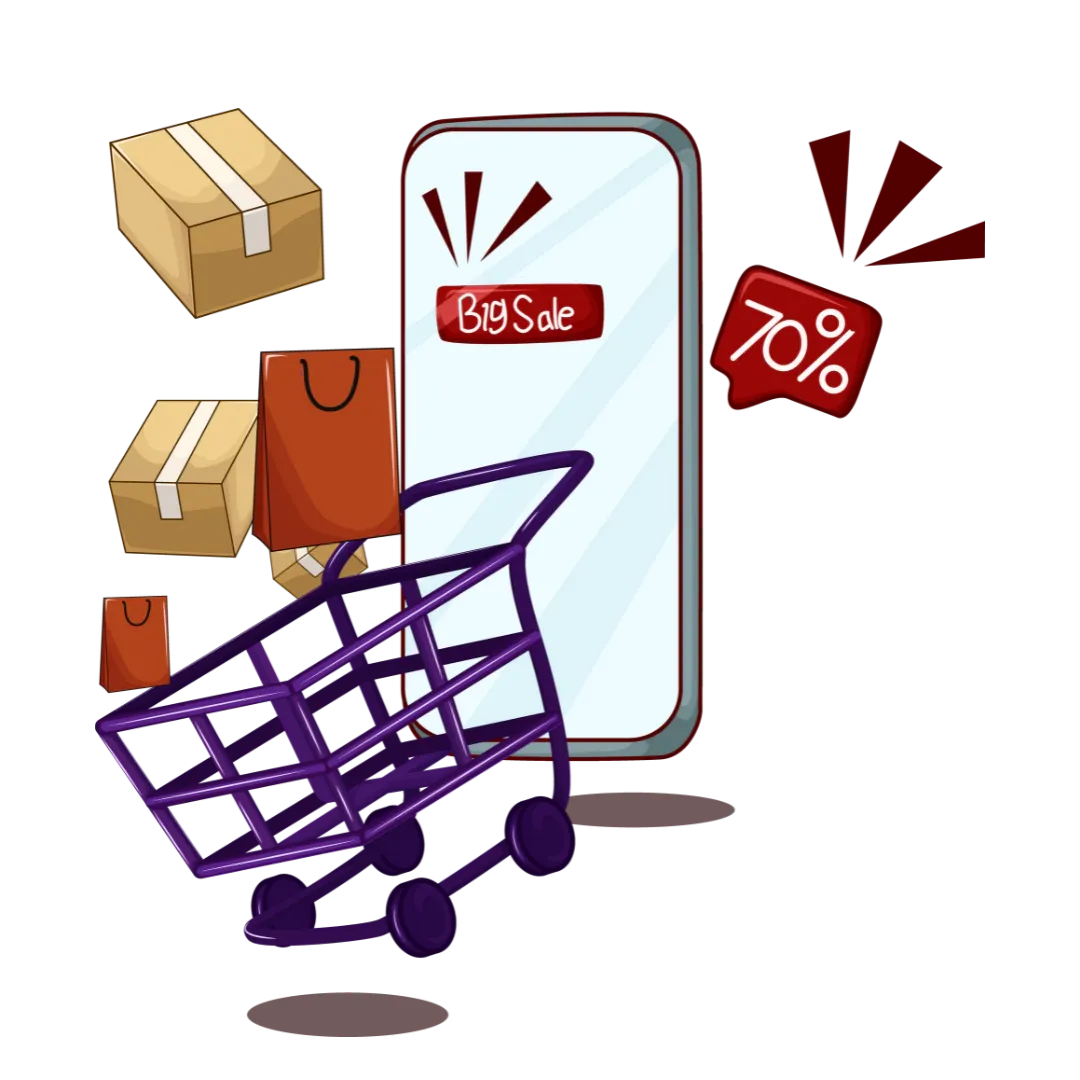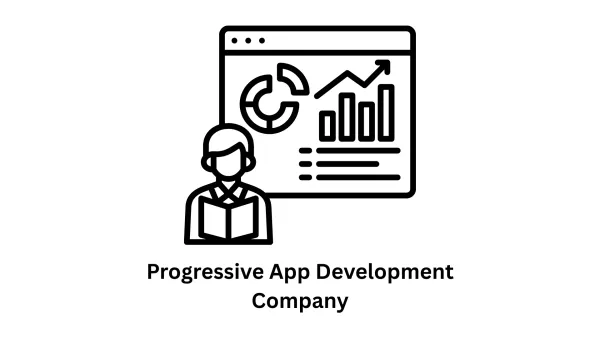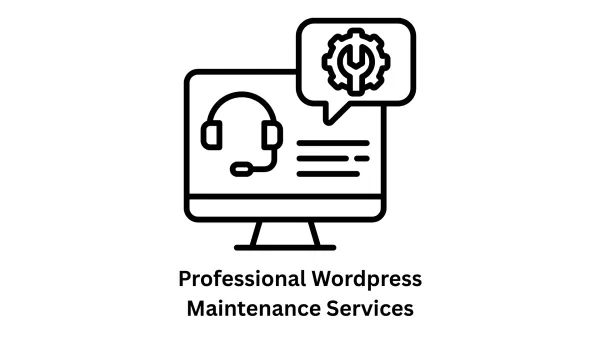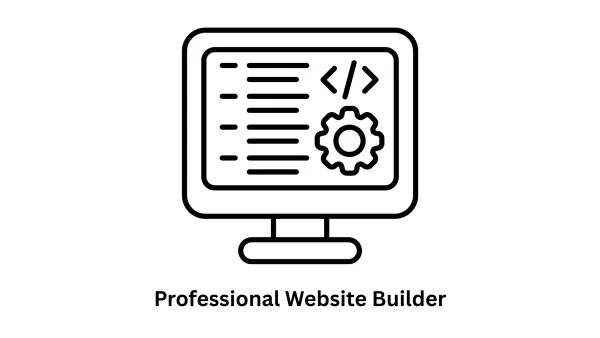Your Roadmap to Success: How to Land a Magento Ecommerce Development Job

Magento, a powerful and versatile ecommerce platform, is in high demand, creating a wealth of opportunities for skilled developers. Whether you're drawn to the stability of a full-time role or the flexibility of freelancing, this guide will help you navigate your way to a rewarding career in Magento development.
Part 1: Building Your Foundation
- Master Magento Essentials: A strong grasp of Magento's architecture, modules, themes, and extensions is non-negotiable. Invest in courses, tutorials, and certifications (e.g., Magento Certified Professional Developer) to validate your skills.
- Gain Experience: Don't have client work yet?
- Build a portfolio site showcasing your Magento expertise with mock projects or personal stores.
- Contribute to open-source Magento projects to demonstrate your abilities and collaborate with other developers.
- Offer your services at a discounted rate to small businesses or non-profits to gain real-world experience.
- Stay Current: Magento is constantly evolving. Keep up with new features, security patches, and industry trends through blogs, forums, and developer communities.
Part 2: Job Hunting Strategies: Full-Time Positions
- Job Boards: Explore specialized Magento job boards like Magento Jobs, as well as general tech job boards like Indeed, LinkedIn, and Glassdoor.
- Company Websites: Target ecommerce companies that use Magento and check their career pages for open positions.
- Networking: Connect with Magento developers and agencies through online communities, conferences, and meetups.
- Recruiters: Partner with technical recruiters who specialize in ecommerce and Magento.
Part 3: Freelancing: Finding Your Own Path
- Freelance Platforms: Start on platforms like Upwork, Freelancer, or Toptal to build your reputation and client base.
- Specialized Marketplaces: Consider platforms specifically catering to Magento developers, such as MageCloud or Magento Marketplace.
- Your Own Website: Create a professional website showcasing your skills, portfolio, and client testimonials.
- Outbound Marketing: Proactively reach out to potential clients through email or social media, showcasing your expertise and how you can solve their problems.
Part 4: The Interview Process: Shine Bright
- Technical Skills: Be prepared for coding challenges, architecture discussions, and problem-solving scenarios related to Magento.
- Soft Skills: Highlight your communication, teamwork, and project management abilities, which are essential for success in both full-time and freelance roles.
- Passion and Expertise: Show your enthusiasm for Magento and your deep understanding of its capabilities.
Conclusion
Landing a Magento ecommerce development job requires a combination of technical skills, experience, and effective job search strategies. Whether you choose the traditional path of a full-time position or the freedom of freelancing, the demand for talented Magento developers is high. With dedication and the right approach, you can build a rewarding career in this dynamic field.
To learn more, consider reading other articles, blogs, and stories in this area.











